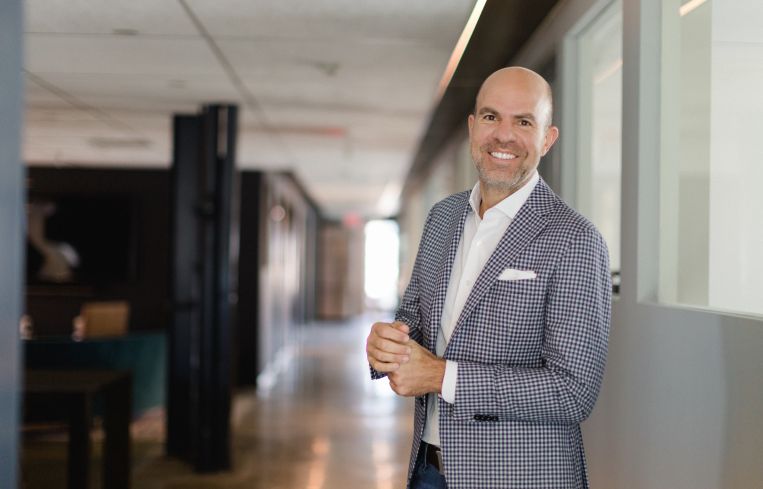5 Questions With Harvey Hernandez of Miami-Based Newgard Development Group
By Jeff Ostrowski June 28, 2024 6:05 am
reprints
Harvey Hernandez, founder and CEO of Newgard Development Group in Miami, is developing condo towers that cater to buyers who want units not to live in but to rent out through Airbnb and other short-term rental platforms.
The concept is taking off, and Hernandez has ambitious expansion plans. One of his projects, Natiivo Miami, opens this summer. That building’s 440 units sold out at an average price of $800,000.
Newgard Development Group has opened a Natiivo in Austin, Texas, and is selling units for another project planned in Fort Lauderdale, Fla.
The following interview has been edited for length and clarity.
Commercial Observer: Designing for short-term landlords is a new concept. How does it work?
Harvey Hernandez: It’s a new way of owning real estate. We play in the hospitality space. These are not single-family homes or rental units. You can buy a unit that comes 100 percent finished and furnished with everything you need – right down to the Nespresso machine, the silverware, the glassware. Then you can do whatever you want. If you want us to book it, we can book it. You can argue that we actually are helping the housing market by letting people own properties and monetize them. They can have their cake and eat it, too.
Where did the idea come from?
We saw this activity happening illegally in one of our buildings in a massive way. In 2014, we delivered a building called Brickell House. We reserved a couple floors for office space and shortly after we completed our building, we moved our office in. I would see a lot of people coming in with suitcases, waiting for Ubers. A bunch of owners were doing Airbnb illegally. At first, I was very strict with our manager: “You have to stop this. They’re going to destroy the building. It wasn’t designed for this.”
We didn’t understand why anyone would stay in someone else’s place at the risk of getting kicked out or a fine. Despite all of that, people were still doing it. We decided that instead of fighting it, we were going to bring it into the legal market.
We’ve created an environment that lets this concept work, with the proper zoning, with the proper location, with the proper building codes and management and rules. When you sell it like that from the beginning, there are no objections.
Is your concept different from a condo-hotel?
We call it “condo-hotel 2.0” internally. That way, everybody understands what we’re doing; if you don’t say it like that, people don’t get it. But it’s different from a condo-hotel. First of all, it’s not a hotel room; it’s a home, with kitchens and bedrooms and all of that. Second, there are no rules. Condo-hotels come with so many restrictions that make it not flexible.
How much do these units cost, and how are buyers paying for them?
The range is $600,000 to $1.5 million. In a market like Miami, there are a lot of cash buyers, as you can imagine. There are a lot of foreign buyers.
In a market like Texas, about 50 percent of the units are financed. They can finance 70 percent, 75 percent, no problem.
What’s your biggest challenge?
These deals take a long time to design, build and deliver. We’re looking to scale. We’re looking at a way we can convert existing buildings. An office building typically is interesting, because it is located in an area that is already commercially zoned, and you can get some of these buildings at a discount. In addition, existing hotels. A lot of hotels are full, but a lot of hotels could do better with our product. They’re in desperate need of renovation.
Jeff Ostrowski can be reached at jostrowski@commercialobserver.com.



